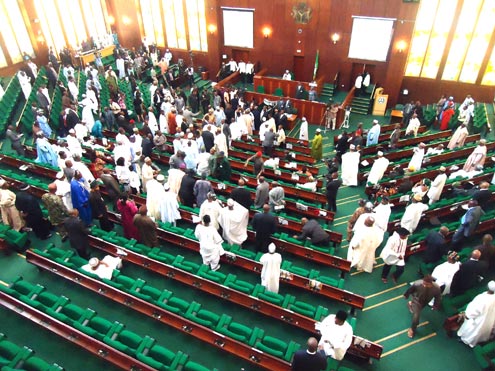
No second term for VP, D-Gov who succeed dead incumbent.
-
Road cleared for independent candidates.
Local governments to get financial autonomy.
35 percent appointments reserved for women.
Future presidential elections in the country may be thrown open to interested Nigerians from the age of 35 and above, if constitution amendment proposals now before the House of Representatives are adopted.
The current minimum age for qualification for the office is 40.
Besides, Nigerians from the age of 25 years may also be allowed to seek election into the state assemblies and the House of Representatives, down from the present 30 years.
These are some of the highlights of the report of the fourth alteration of the 1999 Constitution laid before the House by the Lasun Yusuf- headed Constitution Review Committee last Thursday.
The report is scheduled to be considered and adopted through electronic voting on Tuesday and Wednesday after which the House will proceed on its annual recess.
The age qualification provision comes under a bill entitled "An Act to alter the provisions of the constitution of the Federal Republic of Nigeria,1999 to reduce the age for qualification for the offices of the President and Governor and membership of the Senate, House of Representatives and the State Houses of Assembly, and for other related matters."
It is the brainchild of a coalition of 53 Civil Society Groups which presented it to the House as the "Not too young to run bill."
The report seeks to bar any person who was sworn in as President or Governor to complete the term of the elected President or Governor from being elected to the same office for more than a single term.
It stipulates that the President must, within 30 days of taking the oath of office, swear in his ministers and in the case of governors, their commissioners.
This, apparently, is to discourage a situation where cabinets are not formed for months.
In addition, the president in sending his list of ministers to the Senate for confirmation, indicate the portfolio of each nominee.
It requires the President to deliver the State of the Nation address before a joint session of the National Assembly on the first legislative day in the month of May every year
The report recommends that 35 percent of persons appointed as Ministers or commissioners shall be women while there is also provision for independent candidates.
In a move to stop legal disputes arising from elections to drag on for too long, every pre-election matter shall be filed in court not later than 14 days from the date of occurrence of event, decision or action complained of in the suit.
A new subsection 12 proposes that an appeal from a decision of the court on pre-election matter shall be heard and disposed of within 60 days from the date of filing the appeal.
The Council of State is proposed for expansion to include all former Senate Presidents and Speakers of the House of Representatives that were not removed through impeachment. This is to ensure fair representation by the three arms of government.
Section 82 of the report stipulates that the President "may authorize the withdrawal of money in the Consolidated Revenue Fund of the Federation for the purpose of meeting expenditure necessary to carry on business software government for a period not exceeding three months or until the coming into operation of the Appropriation Act, whichever is the earlier."
The intention is to encourage early presentation and passage of Appropriation Bills.
Section 150 seeks to separate the office of the Attorney General of the Federation from the office of the Minister of Justice.
The report makes no provision for the Joint State/Local government account as it currently obtains.
Thus, revenue allocation from the federal purse goes directly to each local government.
A new section specifically says no unelected person will be recognised by any authority and shall not be entitled to any revenue allocation from the Federation Account or the State government nor exercise any function exercisable by a local government council under the constitution.
Election into the local governments is for a three year-tenure expiration period for elected persons to the Council
Certain items were moved from Exclusive List to Concurrent List in the Second Schedule.
These include national parks, pensions, gratuities and other - like benefits payable out of Consolidated Revenue Fund, post, telegraph and telephones, and stamp duties.
The federal government is to retain exclusive rights to environmental issues relating to, arising from, partaking to and connected with oil and gas exploration, mining activities and other forms of energy exploitation, extraction, transportation and processing.
The federal government is also to have exclusive legislative rights to environmental issues relating to coastal management and Exclusive Economic zone.
It also retains rights to Railway, inter-state railway regulations while State Assembly may make laws for the establishment of State railway transportation.
On electricity, the report proposes in the Second schedule 14 (b) that State Assembly may make laws for the State with respect to "the generation, transmission and distribution of electricity within that State or in collaboration with any other State."
These are also provisions for financial autonomy for State legislature and immunity for lawmakers from civil or criminal proceedings "in respect of words spoken or written before the House or a Committee thereof."
It requires the President to deliver the State of the Nation address before a joint session of the National Assembly on the first legislative day in the month of May every year.

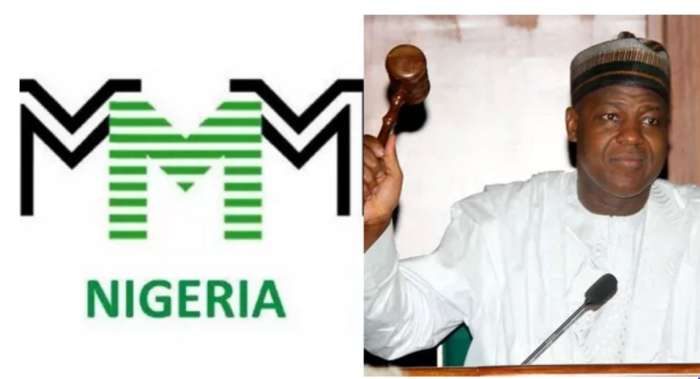


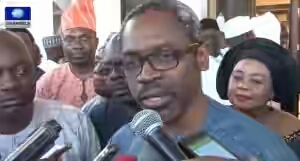
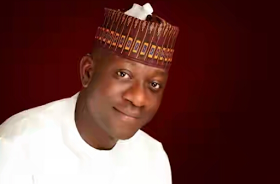
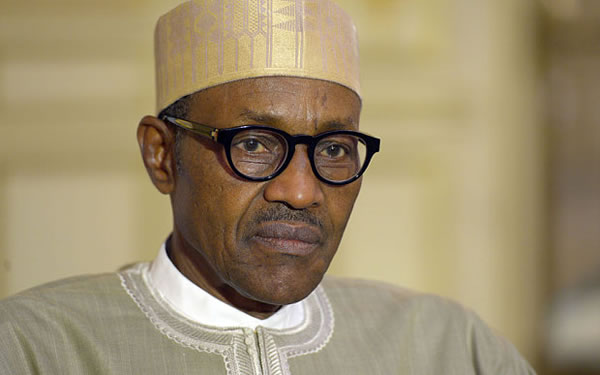
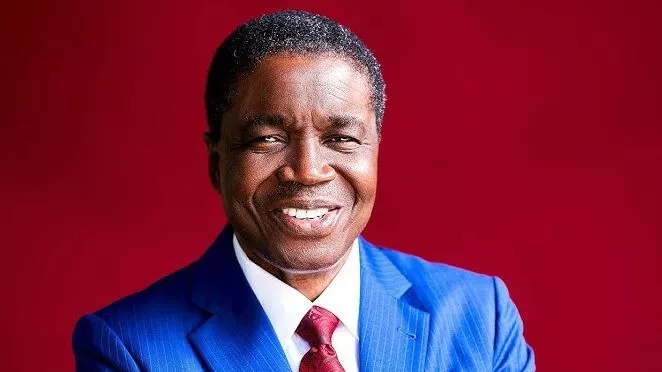





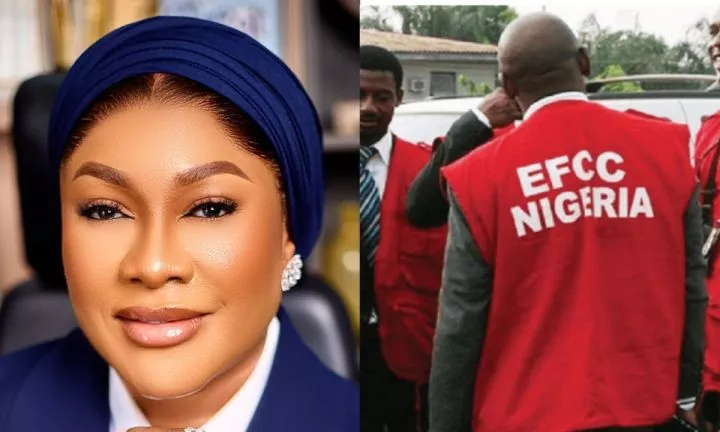


Comments